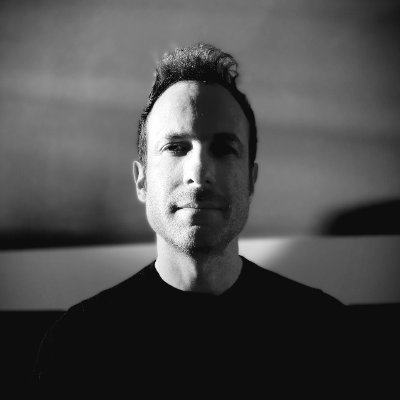The Media, Culture and Social Change research theme asks what social change means in relation to culture, institutions, structures, functions, and relations. It brings together scholars, students, practitioners, and members of civil society organisations to examine, challenge, and deconstruct notions of culture, identity, and social change. CAMRI researchers explore the connections between social justice and decolonisation, echoing voices from the Global South and intersectional minorities.
Work extends across areas including gender, sexuality and race; decolonial and intersectional approaches; ICT for development; social movements, media activism, data justice and climate justice; migration; education and literacy; representation; and power. CAMRI researchers work to share experiences and knowledge on how communication platforms, technologies and research can be used as tools to fight marginalisation, promoting empowerment, participation, and social equality.
Activities
- Exchange research and activist practices that challenge social, cultural and knowledge hierarchies
- Engage with digital and traditional ethnographic approaches to explore and expand the notions of social change and cultural identity
- Explore participatory methodological approaches and work together to further develop methodologies in this field
- Create a space for sharing practices, methodologies, and ideas into collaborative, horizontal and inclusive learning spaces
- Plan and host workshops and seminars to question what social and cultural change are
- Gather academics, students, practitioners, and members of grassroots and civil society organisations, sharing resources and skillsets to analyse and challenge existing inequalities
- Search for opportunities and apply for research funding
- Look towards collaborative research and writing with a focus on supporting early career, female identifying and ethic minority researchers
- Develop a reading series
- Develop creative outputs to share research knowledge (including creative writing, video, and audio)
- Provide a safe space for solidarity in a context of worsening inequalities in a post-pandemic world



